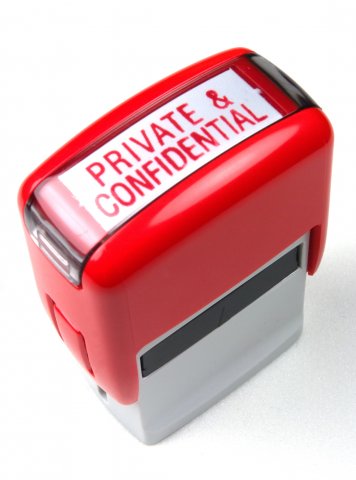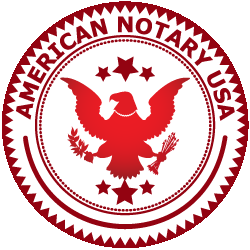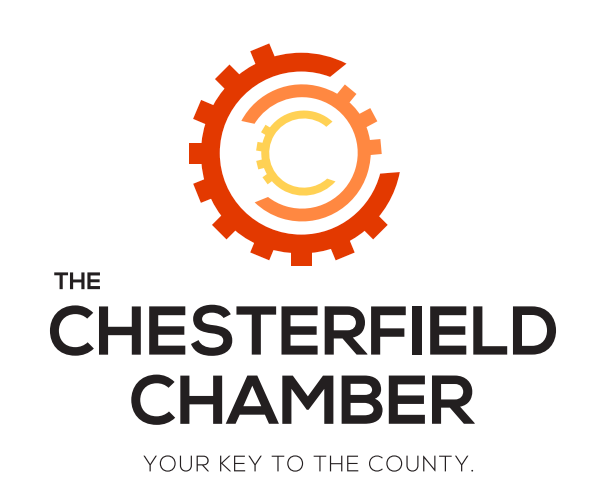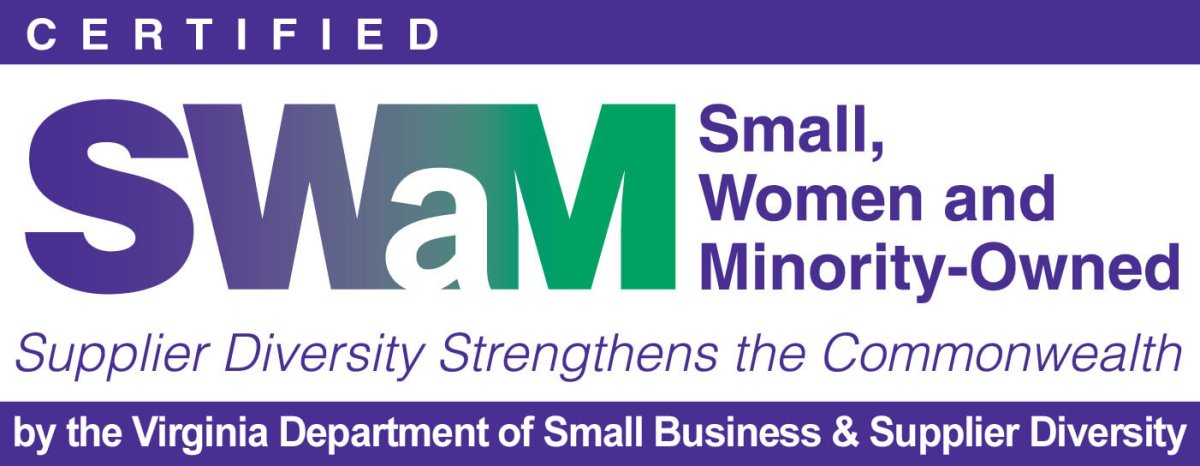Let's Make it Personal!

By Contributing Writer Jae Ad-Jonz on November 8, 2020
The job description of a notary public is a sensitive one. It places a high premium on accountability and honesty partly because of the confidentiality involved in the notary process and the need to keep the notary free from any undue influence that unnecessary exposure might bring, especially when serious documents are about to be notarized.
The business world is a tricky one that requires cunning to navigate. Organizations competing with one another for the patronage of the masses are often on the lookout to outsmart their competitor regardless of how legal or illegal such an attempt might be. The need for a notary public's safety is indeed critical because unscrupulous people looking to score a point against a rival might want to peep into the documents of the other party, and this information, if realized, could be used to harm the other party.
Performing the roles of an impartial witness requires secrecy. The contact details such as the notary public's residential address should be hidden from the general public, especially when important documents are to be signed because the notary public must enjoy privacy at all times. The role of the notary public warrants that they hold the key to the future and viability of organizations involved in the notary process. Therefore, undue exposure of the contact details and address of a notary public is an act that is capable of interfering with the credibility of the notarial process.
American Notary USA is an organization with a firm policy on security, especially pertaining to their members. This is consistent with American Notary USA's drive towards providing the very best in notary services. We ensure that the personal home addresses of their members are not displayed on the company's website.
Our society is filled with all kinds of security issues, and we make every effort to guarantee our members' security. Imagine someone showing up at your doorstep uninvited. Situations of this nature tend to occur when your personal contact information is out on the world wide web for public consumption. This data allows exposure to you, opportunity for personal harm or property theft. For this cause, it is better to be safe than sorry. ANUSA counts it best practice to take the necessary precautions in ensuring its members safety foreshadowing possible unforeseen circumstances, adding precautionary measures to prevent them form occurring.
Conclusively, more than being a security protocol, the standard practice adopted by most frontline organizations is to hide the details of their central staff. The norm is that if members of the public require additional notary contact information, specific questions must be made available to American Notary USA before such information is made available. In like manner, courtesy demands that your authorization be asked in person before a third party can obtain information from you in person. Your permission should be sought even when your information is requested online. This way, you will be aware of why, who, what, or where your data is being solicited.





